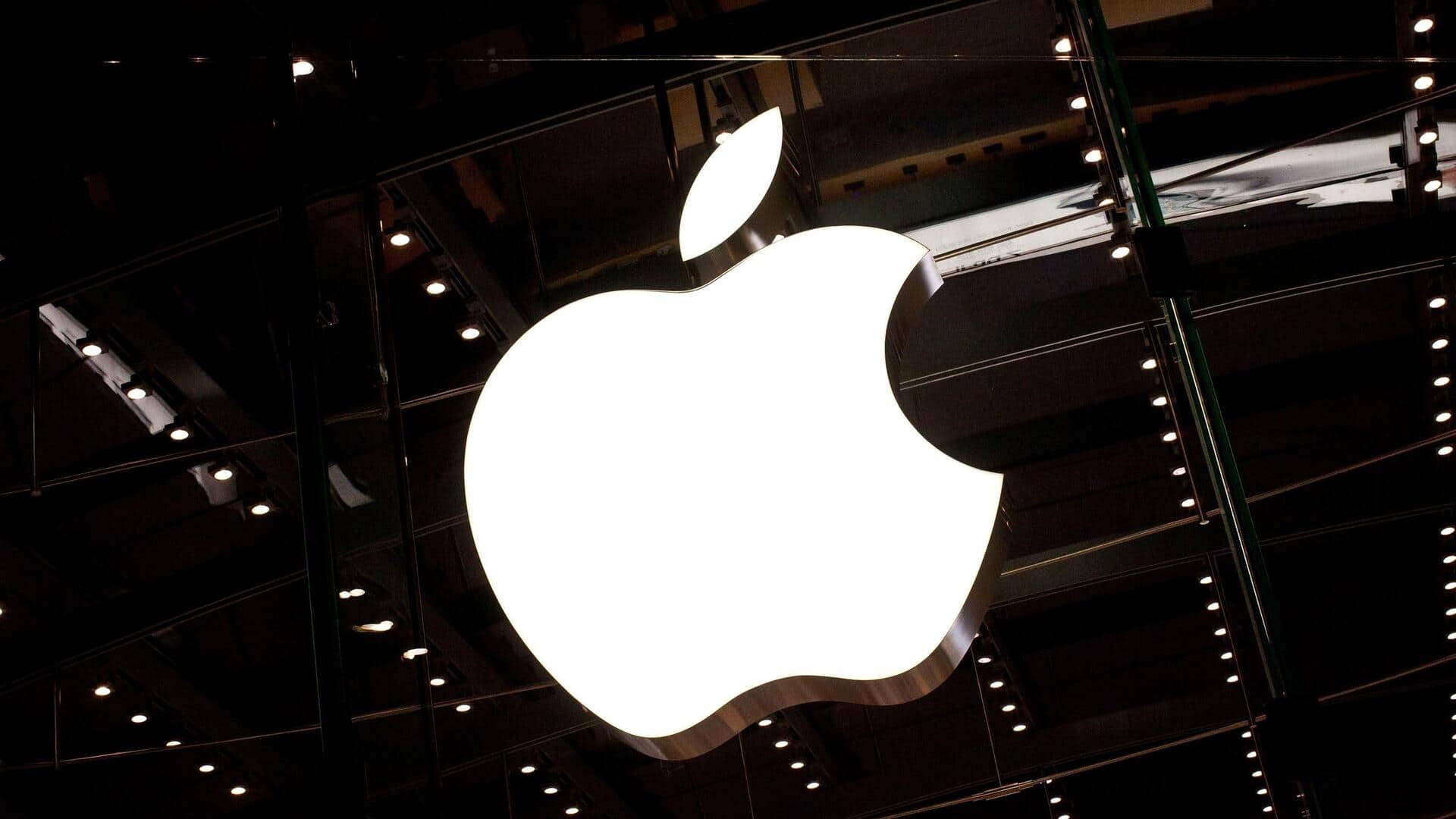
Apple was on brink of crisis before Trump's tariff concession
What's the story
Apple has narrowly escaped a major crisis, similar to the supply chain disruptions caused by the COVID-19 pandemic five years ago.
This relief came after US President Donald Trump exempted several popular consumer electronics from his 125% tariffs on Chinese goods.
This exemption includes products such as iPhones, iPads, Macs, Apple Watches, and AirTags.
Market reaction
Analysts predict positive market response
Analyst Amit Daryanani from advisory firm Evercore ISI described the tariff exemptions as a major relief for Apple.
He predicted that the company's shares would rally after an 11% drop this month.
Prior to these exemptions, Apple had planned to shift more US-bound iPhone production to India, where lower tariffs would apply.
This strategy was viewed as a potential solution to avoid high Chinese tariffs and prevent substantial price increases.
Production shift
India could have met a significant portion of US demand
India's iPhone facilities are expected to churn out more than 30 million units per year.
This could easily satisfy a major chunk of American demand, considering Apple sells approximately 220-230 million iPhones every year, one-third of which goes to the US.
However, such a shift would be difficult to implement as Apple is already close to producing the iPhone 17, mostly made in China.
Revenue dependence
Revenue heavily reliant on Chinese production
China has long been Apple's manufacturing hub, with some 87% of iPhones, four out of five iPads, and 60% of Macs being produced there.
These products make up for roughly 75% of the company's annual revenue.
Despite this heavy reliance on China, Apple now makes nearly all its AirPods and Apple Watches in Vietnam.
Some iPads and Macs are also being produced in Vietnam, while Mac production is expanding in Malaysia and Thailand.
Business strategy
Apple pushing for tariff exemptions for quite some time
Apple has been pushing for exemptions from tariffs since a wave of them was announced on April 2.
The urgency of these talks was heightened after a series of retaliatory actions between Washington and Beijing imposed severe duties on imports from China.
Despite Trump's push for Apple to manufacture iPhones in the US, industry experts believe the lack of domestic engineering and manufacturing talent makes this nearly impossible in the short term.